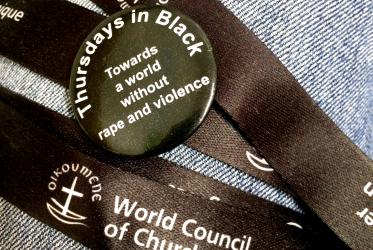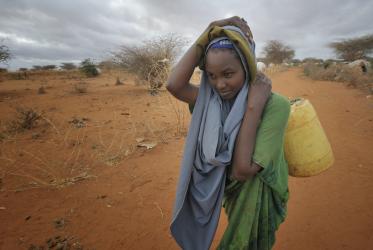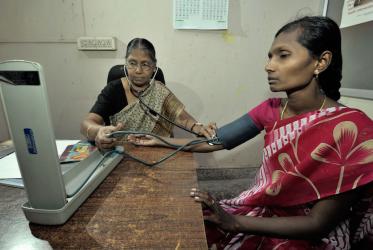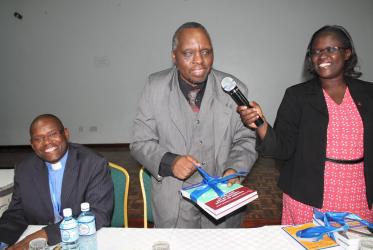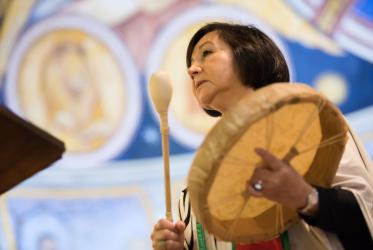Displaying 221 - 240 of 322
Seven weeks of Lent highlight water crisis in Africa
01 March 2017
An interview with the Ethiopian Patriarch, Abune Matthias
14 February 2017
Patriarch Matthias: “Peace is the message of every day”
10 February 2017
WCC general secretary mourns lost lives, calls for end to violence
11 December 2016
WCC convenes consultation on the DRC political instability
09 December 2016
New theological materials offer fresh perspective on disabilities
08 December 2016
Faith communities explore concrete climate action at COP22
10 November 2016
Advocates urge transition to low-carbon economy, clean energy
09 November 2016
WCC organizes solidarity visit to Ethiopia
24 October 2016
South Sudan: role of civil society vital in seeking peace
04 October 2016
South Sudan Council of Churches issues message to UN delegation
07 September 2016
Churches call for peaceful dialogue in Ethiopia
19 August 2016
